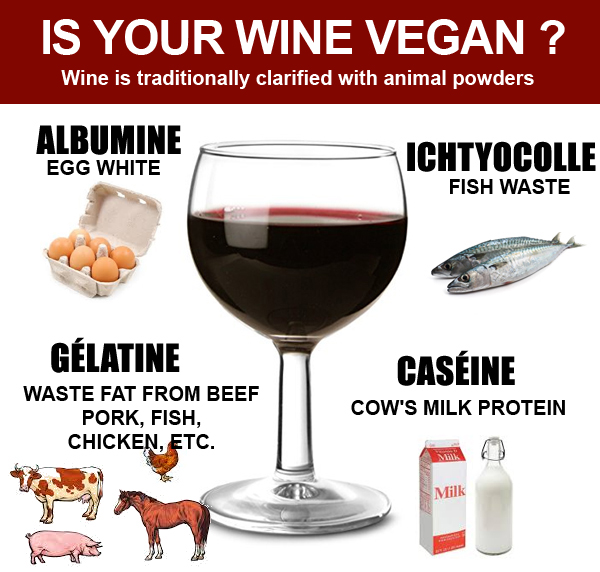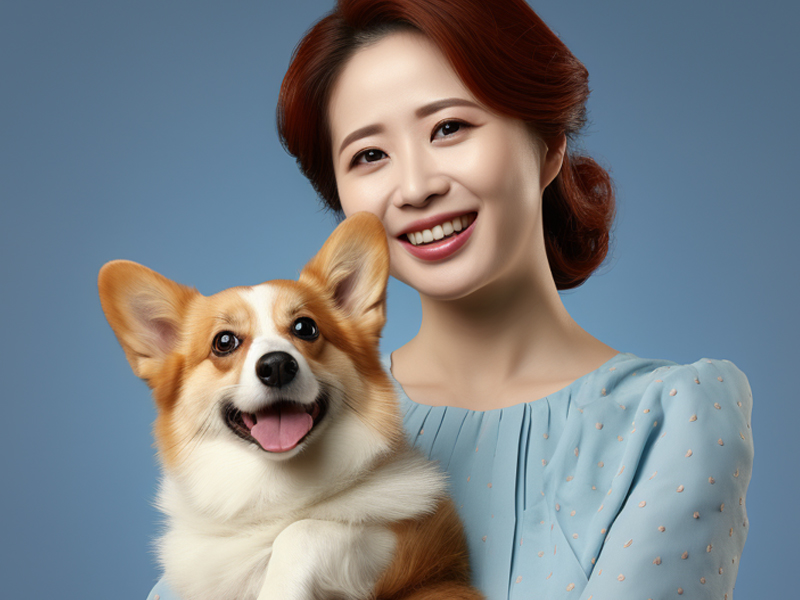Ah, French wine! It’s like an old love affair that’s been going on for centuries. The French adore it, cherish it and celebrate it at every opportunity. But as times change and new trends emerge, a new force has entered this traditional world: veganism. Yes, you heard that right, the animal-free diet is making its way into the French wine industry, and it’s not going unnoticed!
But first, let’s talk about France’s passion for wine. It’s as if every drop is imbued with the country’s history and culture. The French drink almost 45 litres of wine per person per year, which works out at around 6 bottles a month! Yes, wine is no joke here.
Now let’s get to the heart of the matter: veganism. This lifestyle is gaining in popularity all over the world, and France is no exception. The proportion of the population watching and limiting their consumption of animal products is constantly increasing. But what does this mean for the wine industry?
Well, historically, wine has often been clarified using products of animal origin (see picture below) such as animal gelatine (beef, pork, fish), casein (a milk protein) or even eggs (albumin). These clarifying agents are used to eliminate particles suspended in the wine, leaving a clearer liquid. However, with the rise of veganism, many consumers are looking for wines that have not been filtered using animal products.
This is where the French wine industry is starting to adapt. More and more wineries are turning to alternative filtration methods, such as bentonite (a clay), vegetable proteins (potato or pea) or cellulose-based filters. It’s also a way of eliminating egg and milk allergens, which now have to be mentioned on the label. (Note : Remember that replacing animal proteins with plant proteins has no effect on the taste or quality of the wine, provided the winemaker has the talent and experience).
But adaptation doesn’t stop there. Wine producers are also beginning to explore new, more sustainable farming practices, reducing their environmental footprint. The switch to organic, bio-vegan or even biodynamic viticulture is gaining in popularity, offering wines that are more respectful of the environment and in harmony with the principles of respect for animals more generally.
And of course, there’s innovation. Start-ups are emerging in the field of winemaking, offering plant-based alternatives to the traditional products used in the winemaking process. These initiatives are not only beneficial for vegans, but also for anyone looking for more natural, less processed wines.
French certification body EVE Vegan® partners winegrowers and cooperatives
In the midst of this 100% plant-based wine revolution in France is EVE Vegan®, a pioneering organisation. Our certification has quickly emerged as one of the key players in this new trend. Our mission is clear: to offer consumers an assurance that the wines they choose are completely free of any animal ingredients. With strict standards and rigorous certification processes, EVE Vegan® has earned the trust of wine producers and consumers across the country.
To date, more than 4,500 commercial references have undergone Eve Vegan® certification in the wine and alcohol sector, including well-known names such as BARON PHILIPPE DE ROTHSCHILD.
What sets apart EVE Vegan® is its holistic approach to certification. We don’t just check the clarifying agents used in the wine, but also audit the production site and carry out traceability tests. Our certification mark has become synonymous with quality and transparency, making it a preferred choice for producers.
Thanks to EVE Vegan’s ongoing commitment to excellence and innovation, more and more leading French producers are choosing to have their wines certified by our organisation.
A French passion, guaranteed by a French organisation
So, what can we learn from all this? Well, that even in the world of wine, traditions can change. The French may still have an all-consuming passion for their favourite beverage, but they are also ready to embrace change and adapt to new trends.




